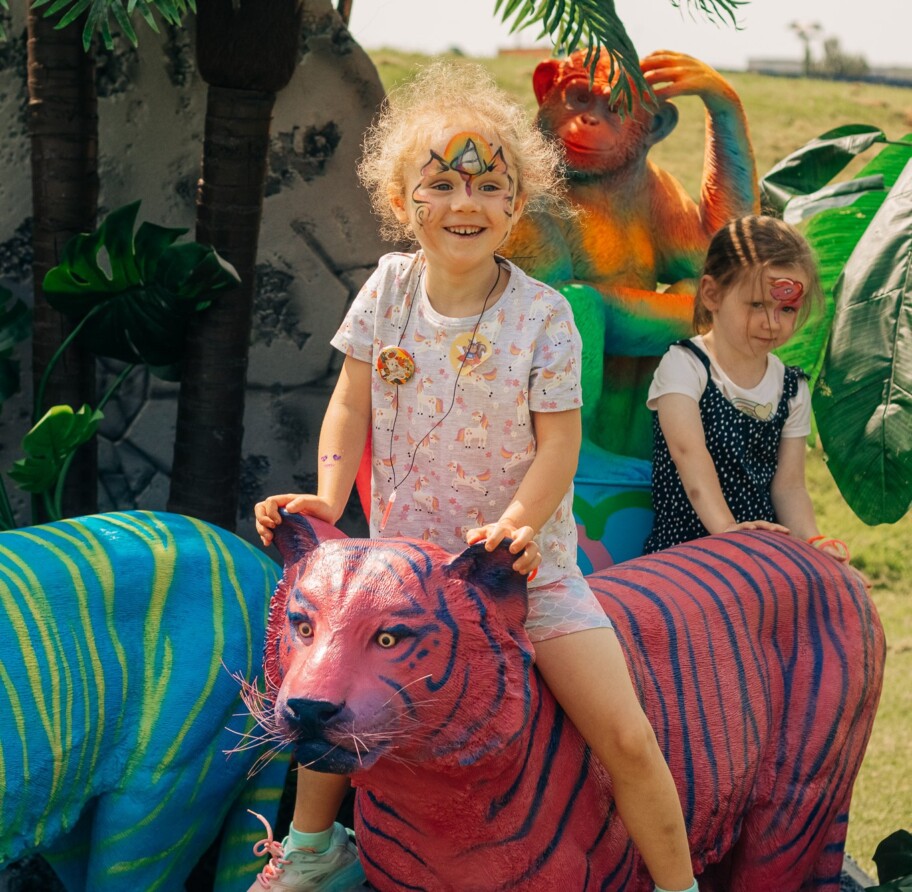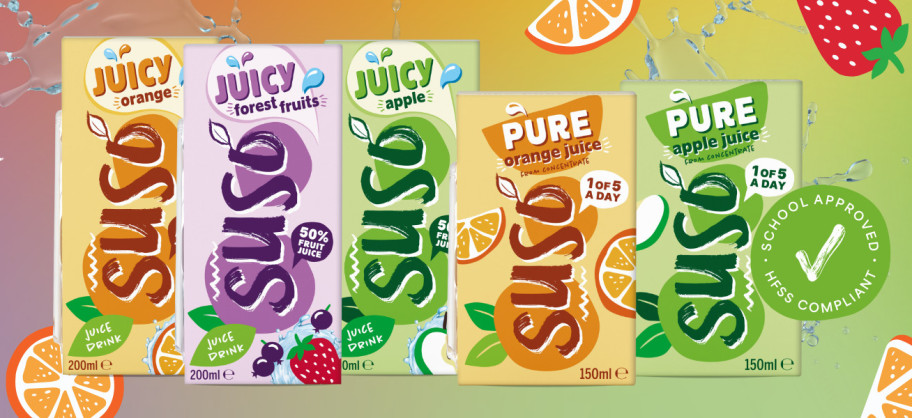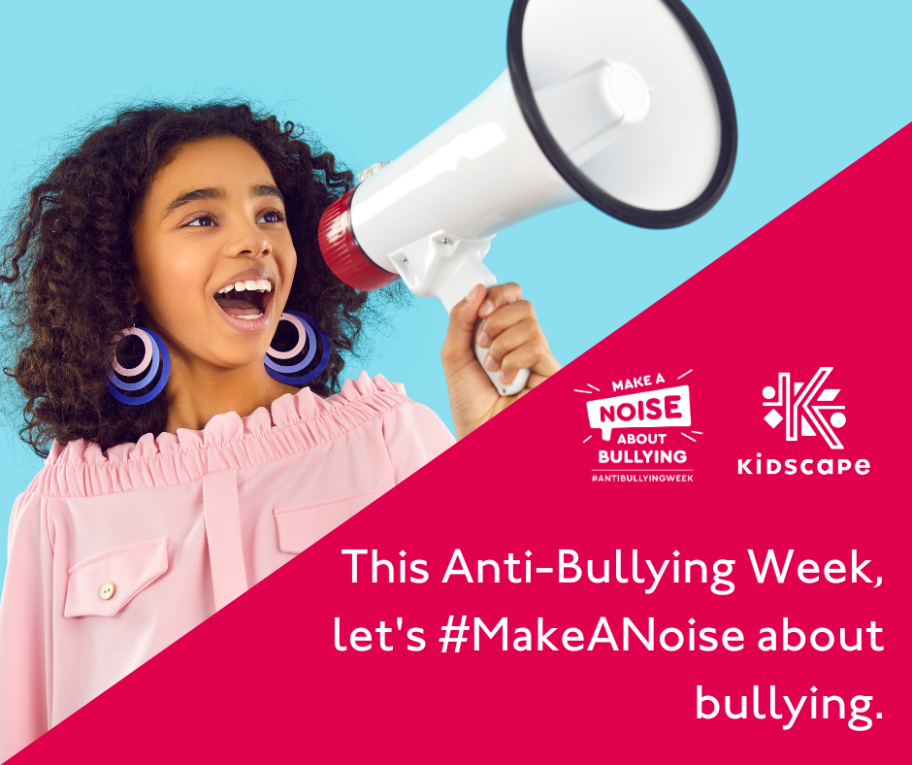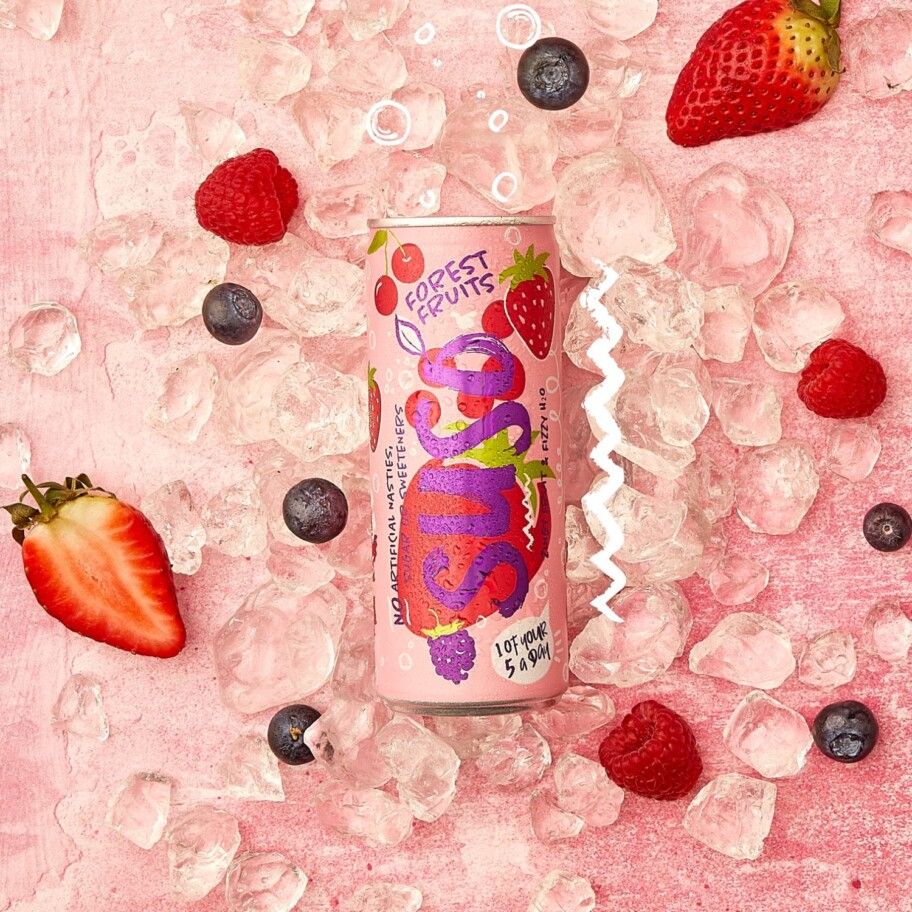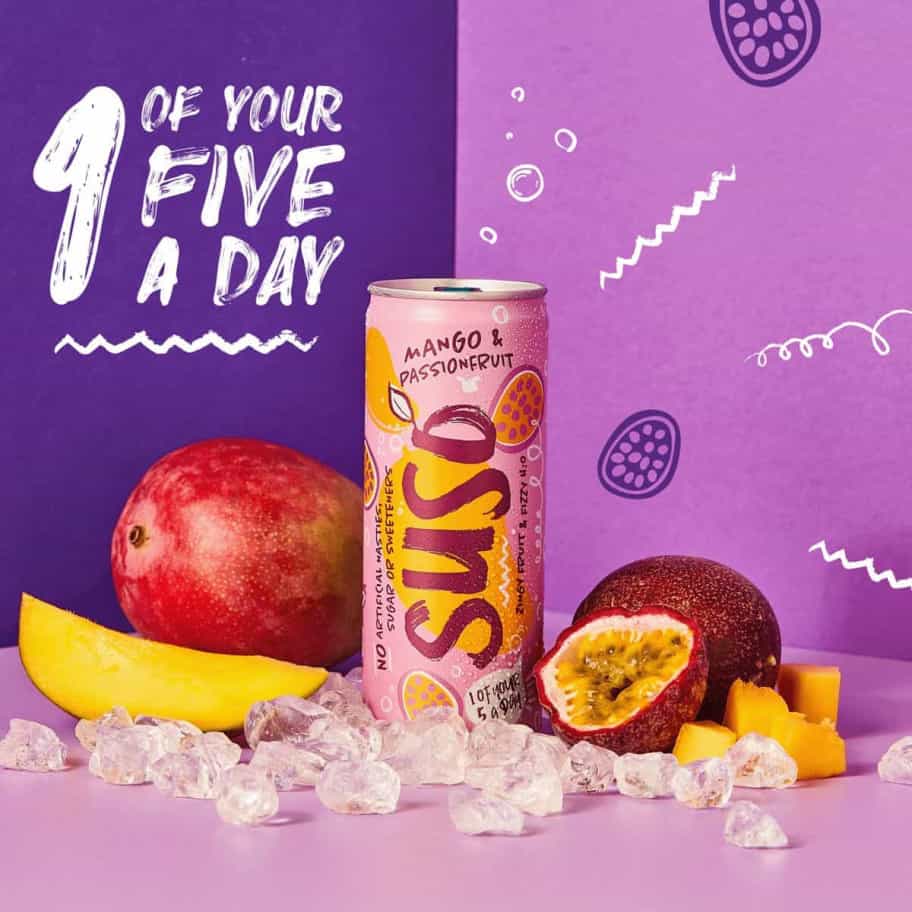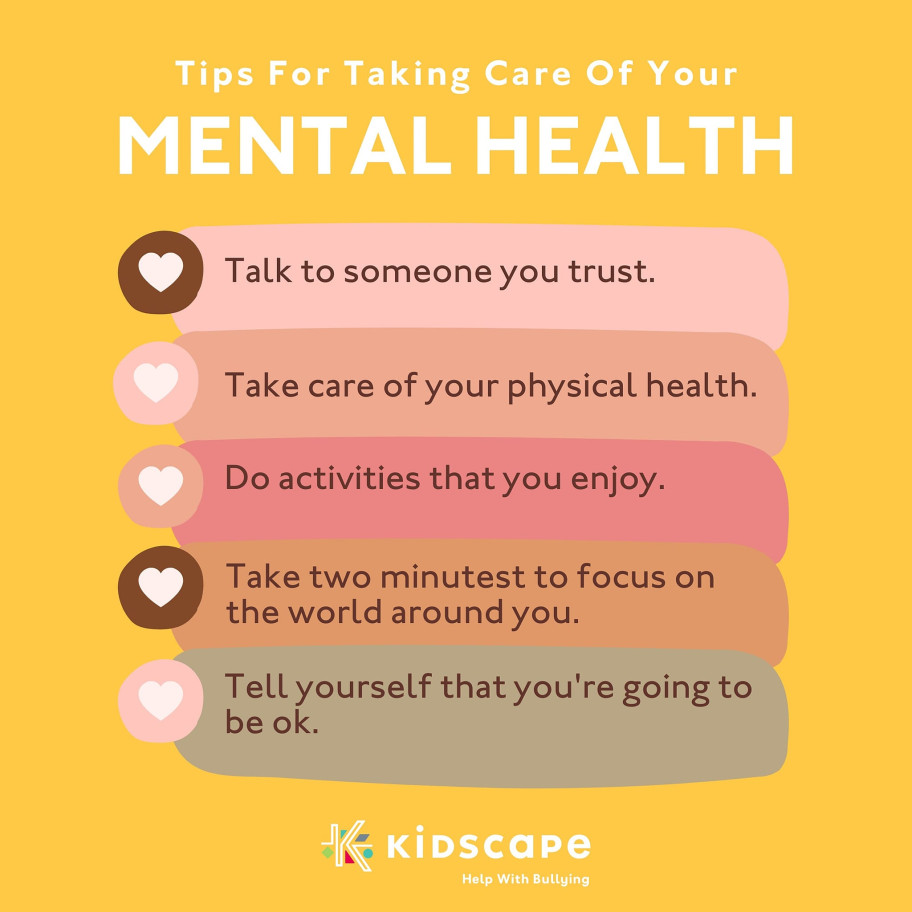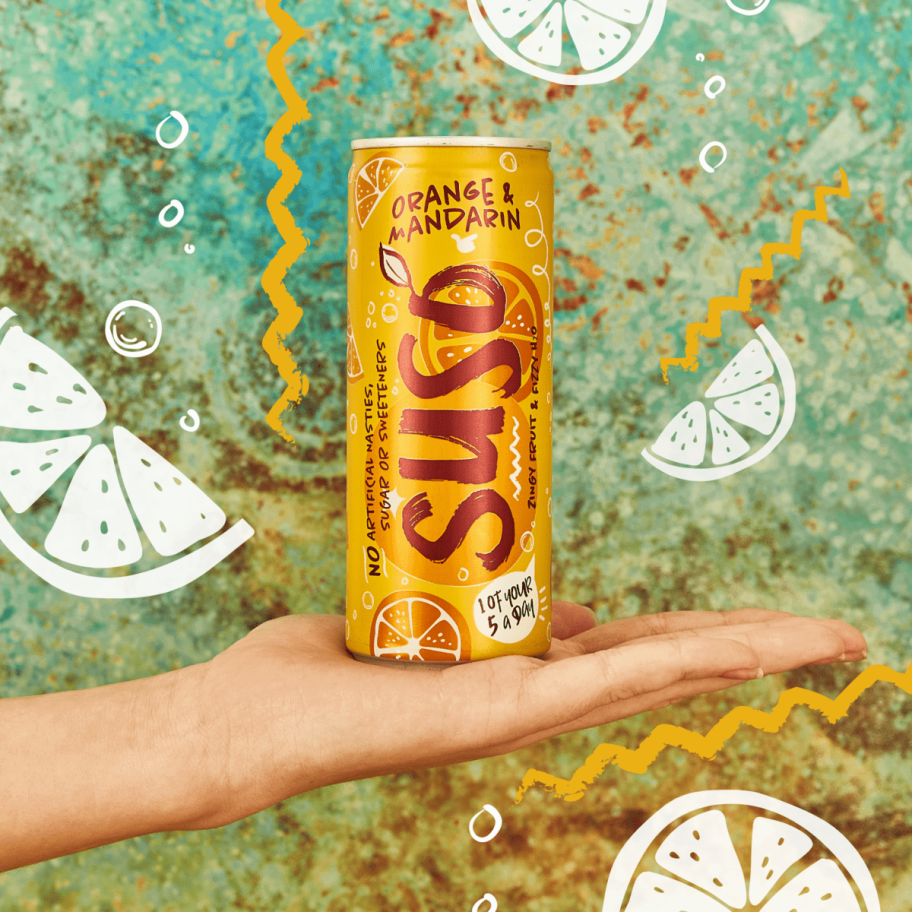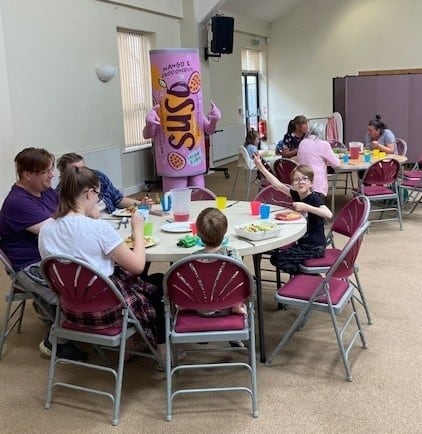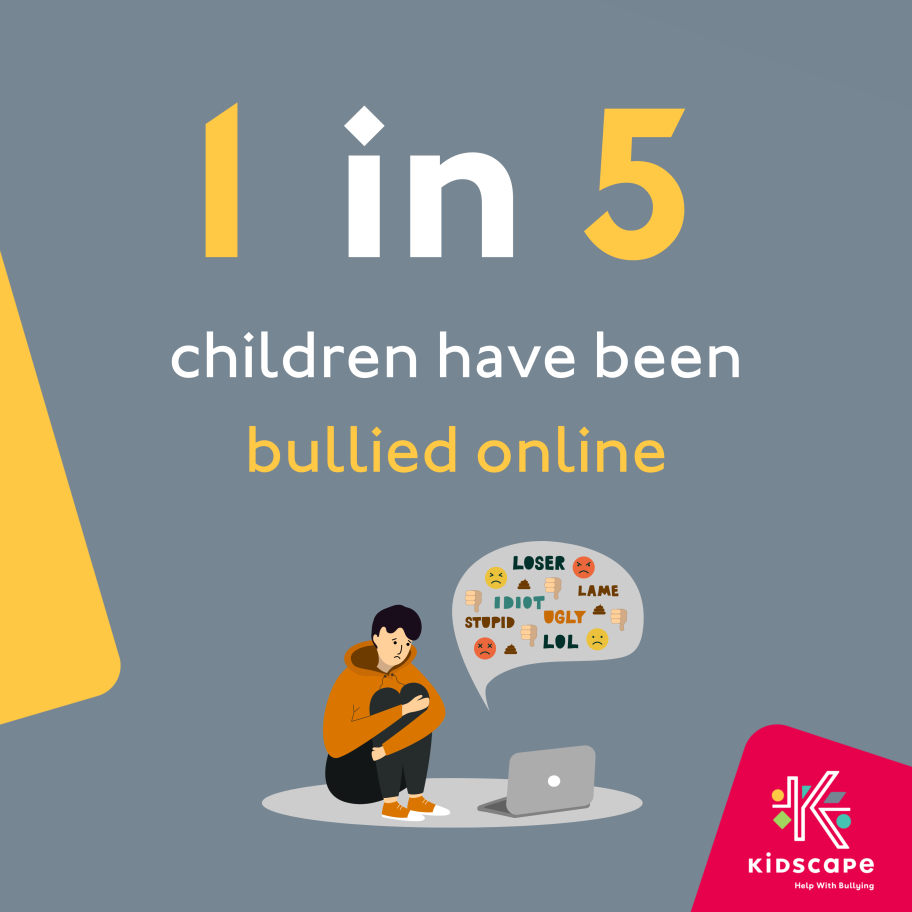Top Sustainability Tips Ahead of Back to School Season
Wow, is it almost back to school season already? Time sure flies when you’re having fun. Although the chaotic weekday mornings are indeed fast approaching once more, there’s no need to completely let go of the positive lifestyle changes you’ve made in line with helping the environment. But if you are apprehensive about taking up a commitment to sustainable choices due to the busy schedules ahead, have no fear!
Here at SUSO, we know that those busy mornings can make it difficult to keep up with a sustainable lifestyle, but small changes can make the world of difference. That’s why our products aren’t only fully recyclable, but your kids can purchase them from their school canteen – no more rushing around for you!
How to deal with leftover waste
Making use of leftover food is something we all have scope to get better at. Did you know that in the UK, 20 million slices of bread are wasted each day? That’s more harmful to the environment than the greenhouse gas emissions produced by 140,000 cars each year. Wowza. If you find yourself with your own leftover bread that’s nearing the end of life, you could always freeze the excess slices or loaves to ensure they don’t go to waste. Additionally, for any leftovers that you don’t manage to eat during the week, or reuse for lunch the next day, pop them in the freezer to enjoy another day. It doesn’t stop there, either.
Do you open your fridge and find that some vegetables and salads have wilted away? Rather than just shutting the fridge door and forgetting all about them once again, why not make a delicious pasta salad with the ingredients instead? They are quick and easy to make and reduce waste. Plus, you can be creative with the ingredients! From olives and feta, red pepper and chicken, to spinach and cucumber – the possibilities are virtually endless and you’ll save so much time and waste.
Refills and bulk buying
As September draws to a close, we all need to get those cupboards filled back up again ahead of the back to school season. Stocking up on tasty school snacks and fizzy juice in bulk is good for the environment, as it means less packaging is needed so your kids won’t be producing excessive waste at school.
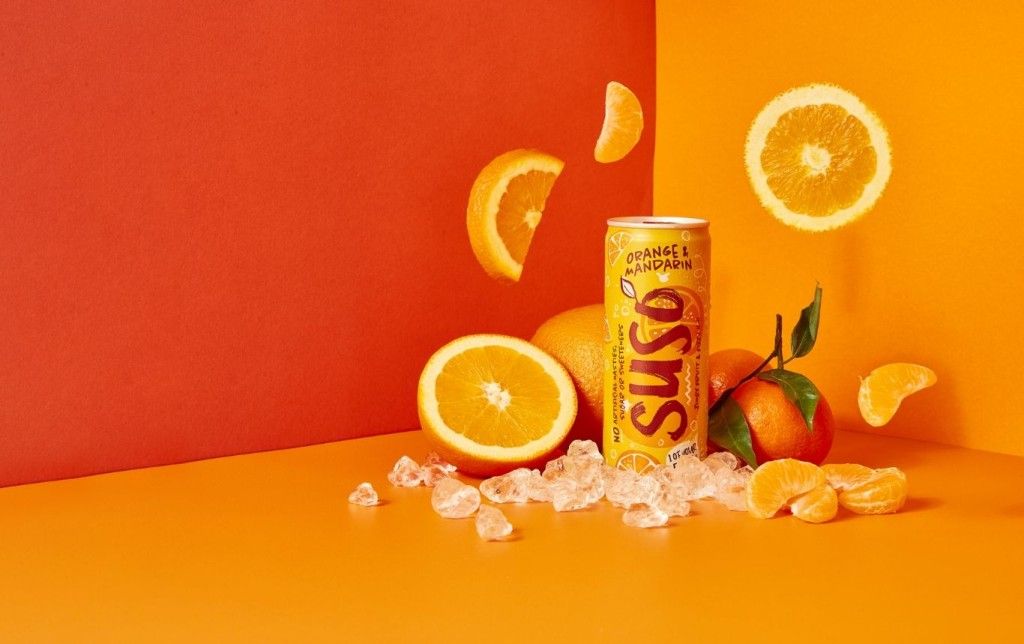
Similarly, refilling helps reduce unwanted scrap. In some ASDA stores, there’s a refill station where customers can take their own containers to fill up on products. This is a cost-effective way to bulk buy whilst shopping sustainability. There’s no need to worry about a sustainable lifestyle costing you more money. Like most sustainable alternatives, using refill solutions is not only better for our earth, but also better for your purse! The products often work out slightly cheaper, which is good news for everyone in this current climate. Throughout the year, there’s the pressure of ensuring there are always snacks and fruity drinks in the cupboard, ready for school lunches. Bulk buying is one way to ensure these boxes are constantly ticked.
If your children do prefer a cold drink from the canteen, that’s okay. Encourage them to opt for a Suso drink as it counts towards one of their 5 a day. Plus, our carbonated soft drinks come in recyclable aluminium cans, making them a delicious drink that’s also more sustainable! Learn more about how SUSO here.
Packed lunch ideas
So, you’ve plenty of eco-friendly lunch options, but how best to get them into your child’s school bags before getting them into their bellies? Let’s start by saying single-use plastic is not the way. Single-use plastics are harmful to the environment as they can degrade into microplastics, and these can eventually make their way into our diets. The best way to avoid this is to opt for reusable containers instead, which are widely available in different colours, shapes and sizes. If you’re looking for an even more cost-effective solution, why not reuse the containers that your cheeky Saturday night takeaway food comes in? And if you want an alternative to clingfilm or tin foil, you can try beeswax wraps – they are breathable, washable, and biodegradable too!
Let the kids help, too
This isn’t a journey that only adults should be embarking on. If anything, it’s more important that the children are the ones leading the way to a more sustainable life and household. We should be actively encouraging young people to develop sustainable habits by teaching them the importance of proper recycling from a young age. To do this, they must be taught to look out for the relevant logos on product packaging, so they know what to put in general waste and what goes into the recycling. As almost 10 billion aluminium cans are produced in the UK each year, with 3 billion not recycled correctly, they frequently end up as litter. For younger children who may not have the understanding to act independently yet, why not try a rewards system? We all love a reward! Use a chart with earth, animal, and tree-themed stickers, and give one out each time they demonstrate eco-friendly behaviour.
Hand-Me-Downs
Clothing waste is another crucial factor of sustainability, with 85% of all textiles not being recycled annually. Instead of buying new, parents could utilise hand-me-downs within their family and friend groups. There’s no shame in being smart about where you get your clothes from. You could also try second-hand clothing sites, such as Vinted, for cost-effective school clothes for children. Plus, some schools now have a second-hand uniform system, which enables pupils to return uniforms in a suitable condition to be redistributed for the following academic year – providing economic support to other parents going through financial difficulty or struggling with the cost-of-living crisis.
Stationery that’s sustainable
Purchasing new stationery is another back to school activity that we parents can’t ignore. But there’s always the opportunity to be more mindful of what we’re buying. When purchasing stationery, there’s a growing number of eco-conscious options available. Many notebooks, pens, and pencils are made with recycled materials in addition to minimal packaging. Aim to look for FSC-certified stationery, which is made from 100% recycled materials, or items printed with vegetable ink as a greener alternative to traditional petroleum-based counterparts.
Good luck, we’re rooting for you!
Don’t start the 2023-2024 academic year without figuring out how to best have a sustainable influence on your children’s education. We hope we’ve given you lots to work with in this blog! By being more mindful of leftover food, clothes, and stationery, you’ll be instilling eco-friendly habits and values into the next generation who will soon have the responsibility to help the planet’s recovery. We hope this blog gives you lots of food for thought for the start of the new academic year. Good luck! See our range of flavours any kid would love!
